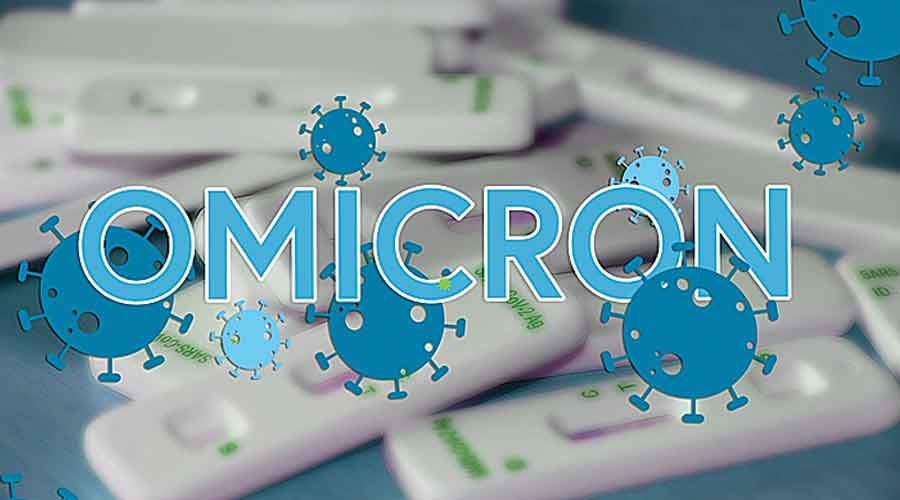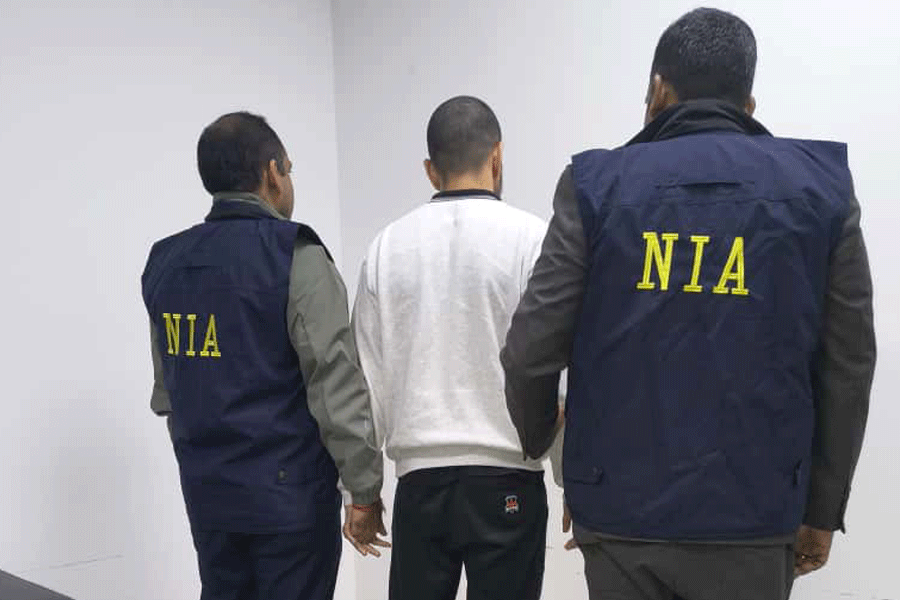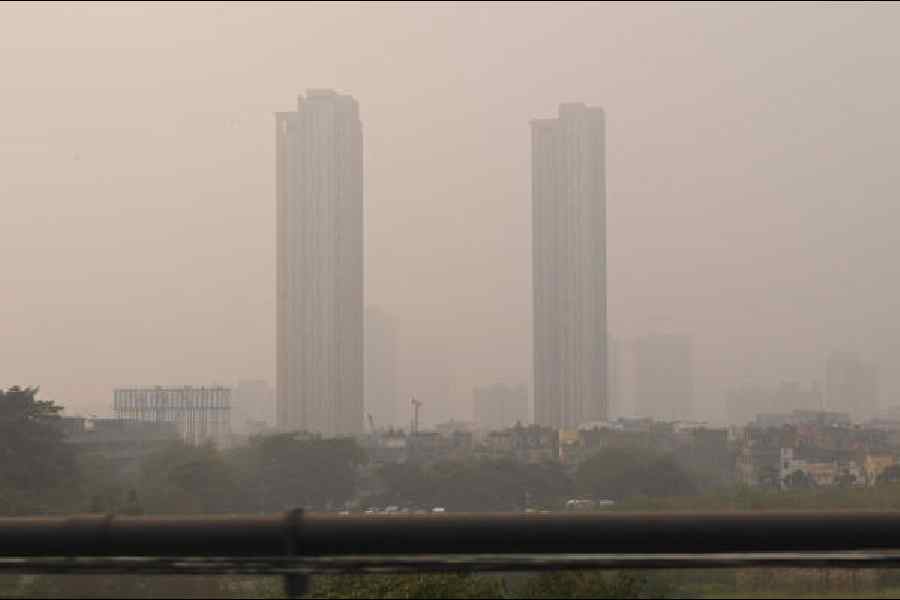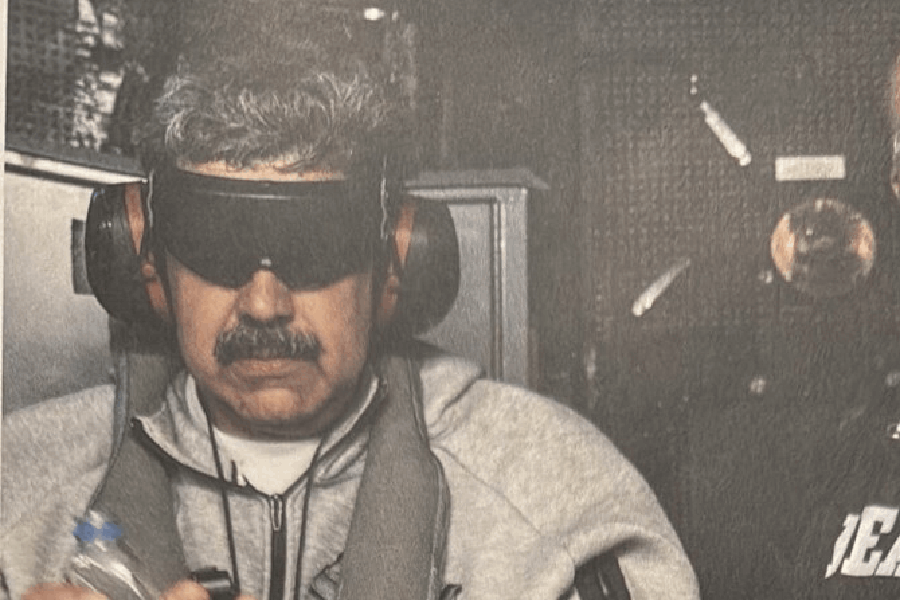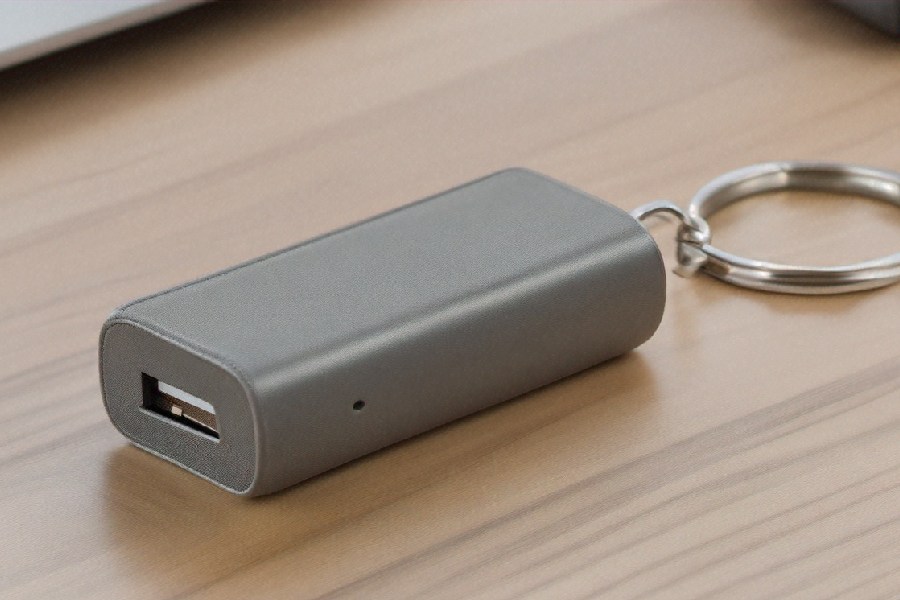Antibody responses induced by the combination of Covid-19 infection and vaccination by Covishield and Covaxin wane and are not effective against omicron after about six months, research by Indian scientists has suggested, bolstering arguments for boosters for all.
Two studies by researchers at the Translational Health Science and Technology Institute (THSTI), Faridabad, have found that omicron can escape antibody responses induced by full vaccination by Covishield and Covaxin and natural Covid-19 infection.
The findings are not surprising, given the sharp nationwide surge in daily new infections over the past month, marking the country’s third Covid-19 wave. But they provide the first quantified measurements to assess immune responses from the two vaccines used in India and infection against omicron.
The results, although based on small samples of people, also suggest that hybrid immunity — the immune responses from a combination of infection and vaccination — also wanes over time and is critically dependent on when the infection and vaccination took place.
The THSTI studies have suggested that the concentration of virus neutralizing antibodies wane over about six months and that the pre-existing neutralizing antibodies show a 20-fold to 30-fold lower effect against omicron than against other variants.
“Overall, the results add evidence for the need for boosters for everyone to minimise the risk of infection,” said a scientist in an academic institution who requested not to be named. “Hybrid immunity after Covishield and Covaxin is helpful, but appears short-lasting.”
Sections of India’s vaccine policy makers had argued in early December that a large proportion of India’s population would have hybrid immunity to justify boosters only for vulnerable populations —healthcare workers, frontline workers and people above 60 with comorbidities.
At the THSTI, Guruprasad Medigeshi and his colleagues first examined immune responses in 20 recipients of Covaxin, 20 recipients of Covishield and 20 recipients of each vaccine who had also developed Covid-19.
They observed that Covaxin and Covishield recipients demonstrated significantly reduced antibody responses — measured through lab testtube studies — against omicron regardless of whether they had a history of prior Covid-19 infection.
The researchers have cautioned that the “real-world” implications of their results remain unclear because rates of severe disease and hospitalisation would depend on the inherent virulence of the omicron variant and another arm of the immune system called memory T-cells. Immunologists have argued that memory T-cells can help protect infected people from severe disease.
India has recorded over six million new Covid-19 infections over the past month under the omicron-driven wave, raising the cumulative count from 34 million to over 40 million, but hospitalisation and death rates have remained significantly lower than during the second wave.
The findings appear to contradict a German study released on Friday that had found that three timely spaced exposures to the spike protein of the virus — whether from infection or vaccine doses — induce a superior immune response against omicron and other variants.
Scientists believe the different observations of the THSTI and the German studies could be explained on the basis of different timings of the three exposures or due to differences in vaccines. The German study had tracked immune responses in recipients of the Pfizer-BioNTech vaccine.
“The level of antibodies needed for protection from omicron is not known,” said the scientist. “But cell-based immunity from prior exposure is likely to work along with antibodies to confer protection from severe disease.”

